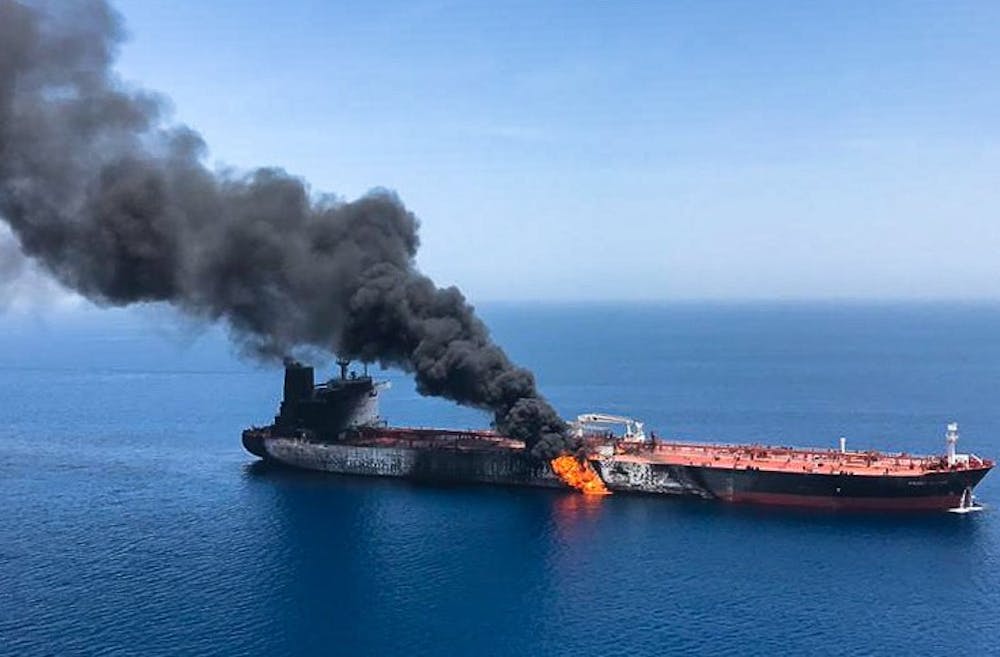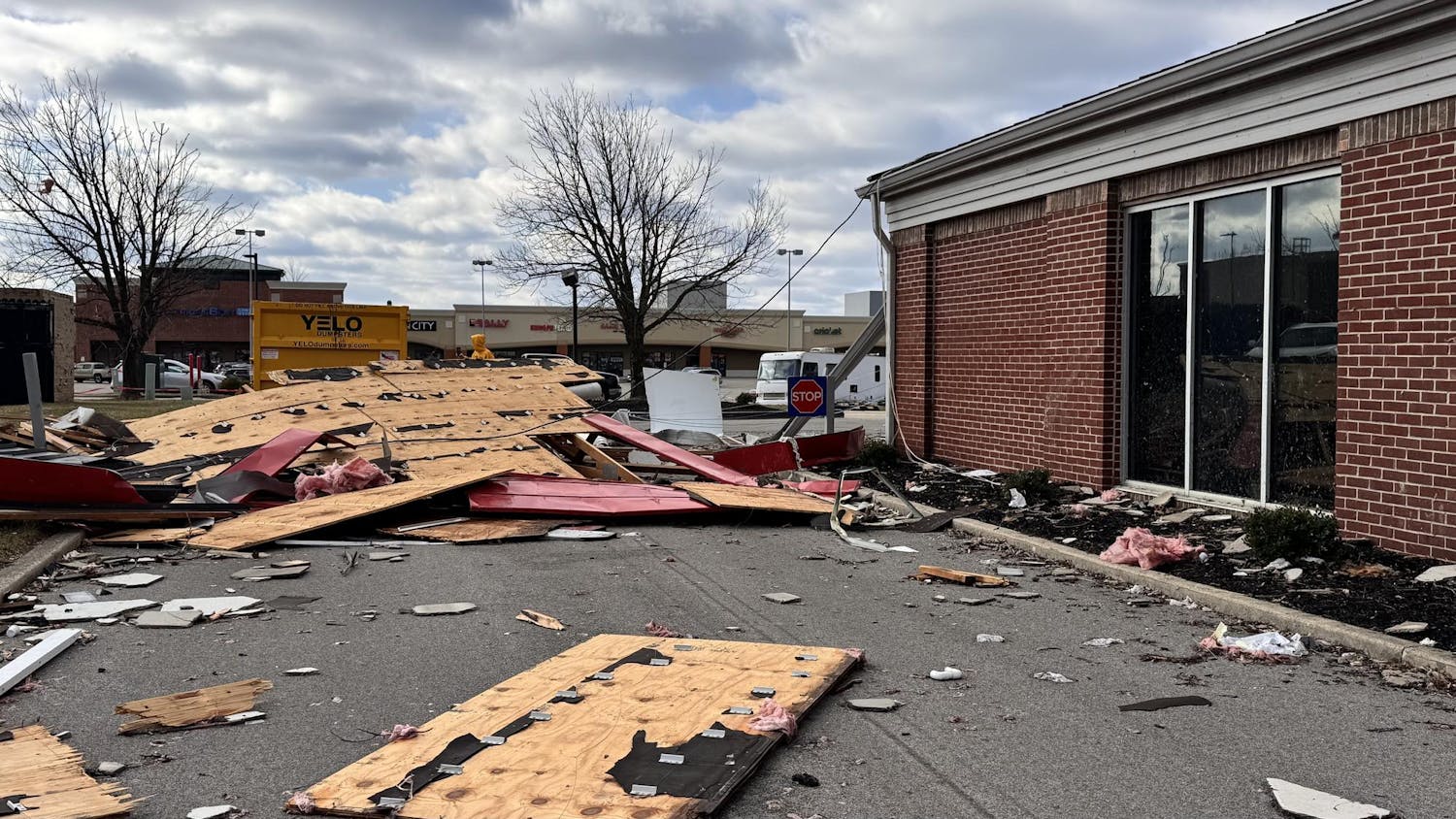The last two decades of American military debacles should be enough to convince anyone that a new war in the Middle East is a bad idea.
Since 9/11, the United States has spent $6 trillion on open-ended wars. The same wars have taken the lives of over 500,000 civilians. The region has been thrown into chaos because of our reckless intervention. We have stirred up violent anti-Americanism across the region, and its people are at a greater risk of terrorism than before 9/11.
Hyper-interventionists who have staffed the military and government since the Reagan era have led the U.S. into deeper involvement in the Middle East. Hawks under the Bush administration led us into blunders in Iraq and Afghanistan. The Obama administration further destabilized the area by sending weapons and support to dangerous hotspots with disastrous results.
Iran has remained free from U.S. invasion through this period. Iran has instead been subjected to economic warfare in the form of international sanctions. Sanctions were briefly eased under Obama’s nuclear deal. They were reinstated after Trump unilaterally withdrew the U.S. from the deal. Since then, America's relationship with Iran has been increasingly strained.
Last week, tensions reached a new height when a Japanese-owned oil tanker was damaged in the Strait of Hormuz.
The warmongering National Security Advisor John Bolton claimed Iran was “certainly” behind the attacks. Secretary of State Mike Pompeo agreed, implying the U.S. had the right to strike Iran. Pompeo and Bolton have been at the forefront of the pro-war faction inside the Trump administration. Both have insisted Iran is responsible for previous attacks in the strait.
Crew members on the ship gave a version of events that contradicted the White House. While the Trump administration claims Iranian mines caused the damage to the tankers, witnesses claim that they were struck by a “flying object.”
The government released a video of what they claimed was an Iranian boat removing an unexploded mine from the hull of the Japanese tanker. The government’s version contradicts the eyewitness accounts of the crew. Other countries expressed skepticism at the so-called evidence.
Tensions rose again days later when Iran shot down an unmanned United States surveillance drone. The U.S. claimed that the drone was in international airspace, while Iran claimed that it was well into Iranian sovereign territory. Russian military intelligence corroborates Iran’s version.
Additionally, Iran claimed another aircraft was also in violation of sovereign territory. The second aircraft was manned with 35 crew members. Iran said they made a conscious decision not to shoot it down to avoid escalation.
President Trump tweeted vague threats against Iran, and the White House later confirmed that strikes were launched in retaliation. They were called off at the last minute by Trump himself. The president claimed that he did this after learning that the mission could result in 150 Iranian casualties. The death toll, he said, “wasn’t really proportional.”
Instead, Trump further increased the already crippling sanctions on Iran. Iran responded by saying that doors to diplomacy are “permanently closed” until those sanctions are eased. With negotiation removed as an easy option, this could lead to actions ground that provoke the hawks in the administration to do real damage.
The sheer speed at which the U.S. accused Iran of aggression should give us pause. The fact that we launched a potentially war-igniting strike should worry us. The U.S. version of events was quickly challenged and contradicted in each of the recent cases. The U.S. and its regional allies have been in favor of a war with Iran for over a decade. Combine this with the shoddy credibility of the administration in general, and it is hard to take them at their word.
The official line is that Iran represents a destabilizing, aggressive force in the region. However, Iran’s aggressive moves in the region over the last two decades pale in comparison to Western aggression. Considering the U.S. invasions of Afghanistan and Iraq, the Saudi war against Yemen and Israeli wars against Lebanon and Gaza, the Western power bloc is a far more destabilizing force in the area.
This is not to say Iran’s regime is decent or even desirable. However, overthrowing the regime would be a tactical and moral failure. It will almost certainly cause massive unanticipated ripples throughout the region, and it will throw a nation of 80 million into utter chaos.
From Vietnam to Iraq, America has a history of manufacturing pretexts and fabricating evidence in order to go to war. We can’t allow any more senseless death and destruction to be committed in our name.






